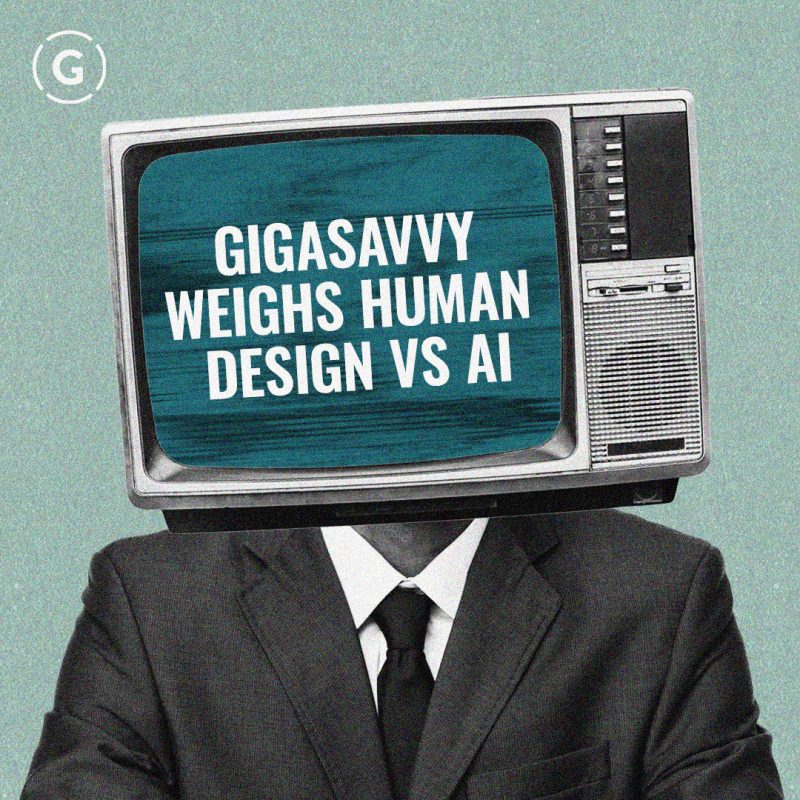The design process is, in its simplest form, problem solving. That was the principle behind leveraging performance marketing data to incrementally optimize creative. Now it is also the principle behind leveraging Artificial Intelligence with Machine Learning capabilities to create new content — based on what algorithms have been able to learn about humans from our web activity.
There have already been many reports of very solid work coming from AI, including entire college essays and even TV commercial scripts. Unfortunately, we’ve also seen that when leveraging big data without common sense, AI can take a dark turn.After all, in addition to the inspired and the mundane, these algorithms have also learned from a plethora of negative content that some very vocal people on Earth have unfortunately fed into the machine.
The moral of that story is that we can not ignore the most important common factor for all creativity, storytelling and design: the human being. Despite some really convincing creations, no algorithm will ever truly understand what connects with the heart and soul of another human.
The key to great design is authenticity. And authenticity comes from humans.
Great design goes beyond striking visuals and inspirational buzz words. It starts with understanding how humans work psychologically. With this understanding, designers can focus on ways that technology can solve problems, answer questions and improve life – instead of clogging our phones, our lives, and our minds with a useless and cumbersome collection of technology-driven content.
How Human Inspiration is Better than AI Design
Inspires Exploration and Discovery
Take a tip from a toddler. We learn by exploration. Flipping the pages of a book, turning over a rock, digging in the dirt, and tasting new types of food. Humans learn and absorb information by exploration – and they are driven to explore by curiosity and a desire to learn. The driving force behind exploration is the joy of discovery.
Designers use this to their advantage. To get truly unique and impactful work, you must use imagination. It’s not enough to revert to lazy replicas of real life objects. Designers think through the natural learning and comprehension process and leverage it with the specific design problem you are tackling.
Tells a Story
From the beginning of time, before there were written languages, storytelling was the tool used to communicate and retain information. This has not disappeared from the human psyche, even if sometimes we feel that the true art of storytelling seems to be dwindling in quality.
If you want your users to remember you, tell a story that connects to them on a human level. Show users that you understand and relate to them, and help them see why that connection matters.
Embraces Change over Iteration
Designers are able to put aside pre-conceived notions and consider, with a fresh slate, the best way to connect on a human level with your customer. When coming up with a creative concept it’s important to really think through it. You can’t just think of what you want to sell. You have to ponder what problems audiences really need to solve, and how your brand can help them.
In the end, be inspired by humans, by your friendships, your interactions, and your conversations with people. Instead of focusing on trends, focus on your customers. So get up. Log off. Talk, interact and think like a designer.
Gigasavvy’s design team has developed award-winning creative that connects with our clients’ audiences. We do this by really digging in, understanding our clients’ businesses and their customers – then tapping into the core human truth beneath the initial ask. Check out some samples of our work, and then reach out to let us know how we can help you do the same.



